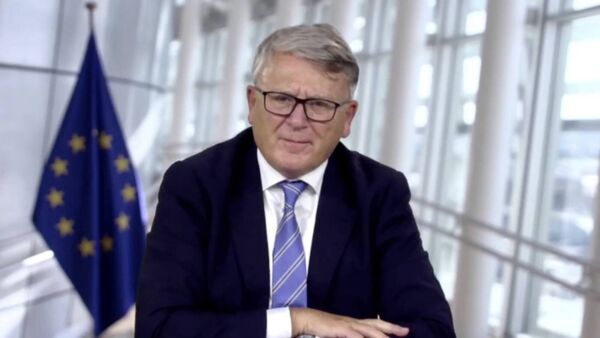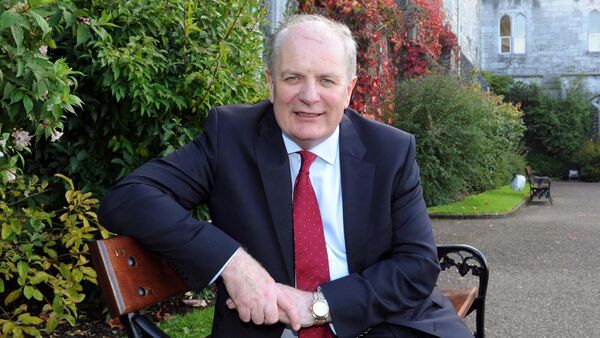EU earmarks €65bn in funding to help member states implement these much-needed skills programmes
European workers and employers see retaining with digital skills as being critical to both people’s future employment prospects as well as for social cohesion within the EU27.
Reports conducted for the European Union suggest the bloc will need 20 million skilled ICT professionals by 2030, but there are currently just nine million people with the required digital skills resident in the 27 member states.
The European Commission’s recently published ‘Employment and Social Developments in Europe (ESDE) report 2023’ found that despite the impact of Russia’s invasion of Ukraine resulting in an economic slowdown in the second half of 2022, EU labour markets have demonstrated remarkable resilience in 2022.
Nicolas Schmit, Commissioner for Jobs and Social Rights, said: “In 2022, we witnessed record-breaking employment levels, with the highest number of people employed and the lowest unemployment rates ever recorded.
“This resilience serves as a testament to the strength of our labour markets and our social market economy. However, we must also acknowledge and address the enduring challenges. To alleviate labour shortages, it is essential to promote the labour market participation of underrepresented groups; to continue our skills revolution to get more workers to undertake training throughout their careers; and to improve working conditions in certain sectors.”
The EU economy grew by 3.5% in real terms in 2022. Employment rates were at a record high at 74.6% with 213.7 million people employed in 2022, and unemployment rates at a historic low at 6.2%.
However, challenges remain with a low labour market representation of certain groups, such as women or persons with a disability. Youth unemployment fell from 16.7% in 2021 to 14.5% in 2022, but remains a major challenge. In addition, companies face labour shortages and there is the need for both employers and workers to adapt to evolving skill needs, in the context of the green and digital transitions.
The share of people at risk of poverty or social exclusion remained stable at 21.6% in 2022 with social transfers reducing poverty by more than one third on average in the EU. However, real household income declined, as high inflation continued to erode purchasing power. This resulted in a rise in severe material and social deprivation (from 6.3% to 6.7%).
The EU has identified that enhancing people’s digital competence will have a critical role to play in promoting greater future employment levels among young Europeans.
As a result, the EU is investing €65bn of its social funds in training programmes that will give people the skills they need to fill the anticipated vacancies in roles with a strong digital technology element.
Commissioner highlighted this investment when speaking at the recent Porto Social Forum 2023, an event promoting the skills driving green and digital transitions in Portugal. The Commissioner highlighted the need for people across the EU to have the skills to succeed in today’s labour market, and welcomed the work of a Porto-based project that prepares Portuguese workers with digital skills.
Porto’s Centre for the Development of Digital Skills offers upskilling and lifelong-learning programmes for people who already have a job, as well as requalification and adult education for jobseekers.
The centre implements the #digitalReskilling project, which promotes the professional requalification of unemployed youth and adults by teaching skills in emerging digital fields, alongside soft skills like leadership and entrepreneurship.
Commissioner Schmit said: “To help member states implement these much-needed skills programmes, €65 billion in EU funding has been earmarked from the European Social Fund Plus and the Recovery and Resilience Facility.
“I have visited some fantastic training centres over the past three years across the EU, and seen the great work being done to provide education and skills. Just 10 minutes from where we are gathered today in Porto, you find a skills programme supported by the ESF: the Centre for Development of Digital Skills which targets unemployed people in particular,” he told delegates at Porto Social Forum 2023.
The EU’s gap in digital skills was not the only skills need highlighted by the ‘ESDE’ report 2023’. The report drew attention to persistent labour shortages for a diverse range of occupations across all skill levels. There are labour shortages across construction, healthcare, science, technology (notably ICT), engineering and mathematics (STEM).










